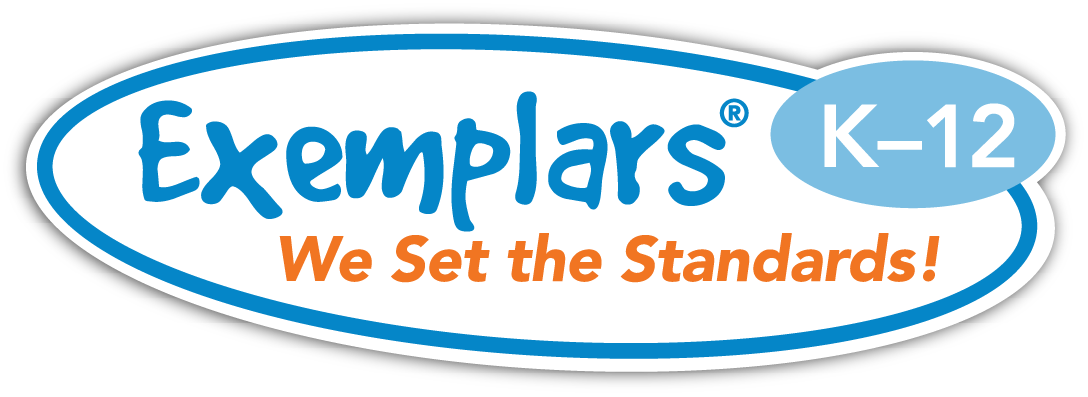Grow Student Confidence Through Problem Solving
Written By: Katrina Hursey, Second-Grade Teacher, Georgia

Let me introduce you to Max. He is a second-grade student at Mt. Zion Elementary School. When Max met his teacher before school started, he wanted his teacher to know that he loved math but was not good at word problems. His teacher was excited to hear that he loved math. She quickly found that he was good at math as well. He promptly mastered what the teacher placed before him but didn’t do well on standardized testing. When breaking down his weaknesses, it was clear that word problems were Max’s most significant stumbling block.
When working with Max on word problems, he often shut down or became anxious and overwhelmed. He felt defeated before even reading the problem. Max struggled to understand the problem. He often struggled to understand what operation to carry out to find the solution to the problem. Working through various strategies to help Max accomplish standard word problems met with the same result week after week. Max was still struggling to answer word problems, and his love for math and himself were suffering as well.
Developing the Whole Child
The tasks in the Exemplars Library are authentic, real-world problems. When solving these rich tasks, students are able to feel like real-life problem solvers This was evident in Max’s case. From the first time he picked up an Exemplars task, he has met every problem with excitement, unlike when handed a worksheet with standard word problems. With Exemplars, the anxiety simply isn’t there. Max works through each problem in a non-threatening way as if he is a detective solving a case.
Benefits of Student Collaboration
Group partnerships foster collaboration where students can build understanding in a non-threatening way. They can give and receive positive feedback to show what they know to their group and build on the understanding of one another. They learn to listen and share ideas as they work together to solve the problem. Students learn how to value the opinions of others and, in turn, they feel respected by their peers when their ideas and thoughts are heard.
Growing as Problem Solvers
The open-ended nature of Exemplars tasks give students the freedom to choose the way in which they solve each problem. When teaching Exemplars, students learn how to use various methods and strategies, but they also learn how to use tools such as tables, number lines, pictures, equations, and more.
Max is one student, but classrooms are full of students just like him. Students are often afraid to fail. They are scared of word problems because they seem complicated and confusing. However, when working through Exemplars authentic problem-solving tasks, students gain the confidence to be risk-takers and problem solvers. They are becoming leaders and teachers as they show their peers their thinking. They take ownership of their learning as they set goals and work towards them. I have seen many students go from struggling to solve a one-step problem to bringing their Exemplars task to the front of the class to teach how they solved the problem.
Katrina is an 18th-year early elementary teacher. She graduated from the University of West Georgia and has taught Pre Kindergarten-2nd grade and 4 grade. She began using Exemplars in 2016 but when moving to a new county, lost the ability to continue. While she did not have access to the valuable Library, the knowledge she learned about the practices of problem-solving carried with her. She has loved having the chance to serve as an Ambassador this year and share her love of Exemplars with her new school.

